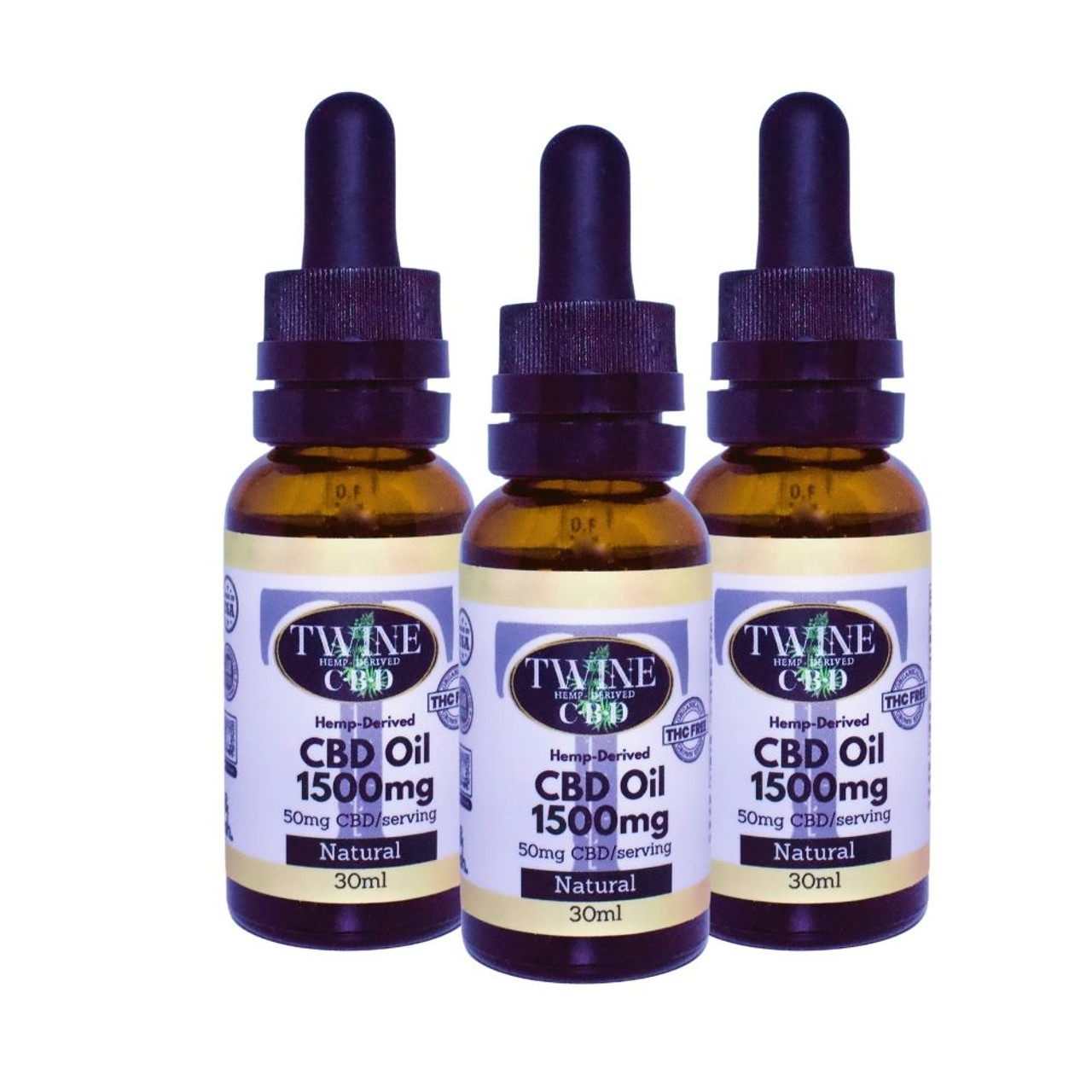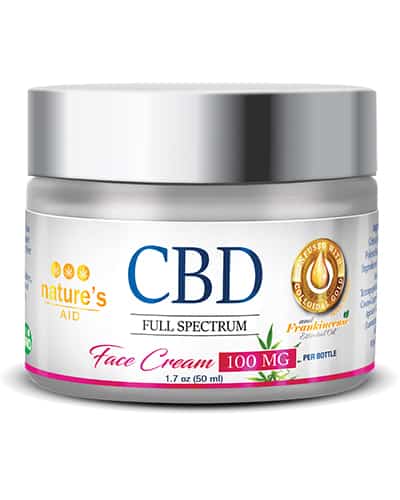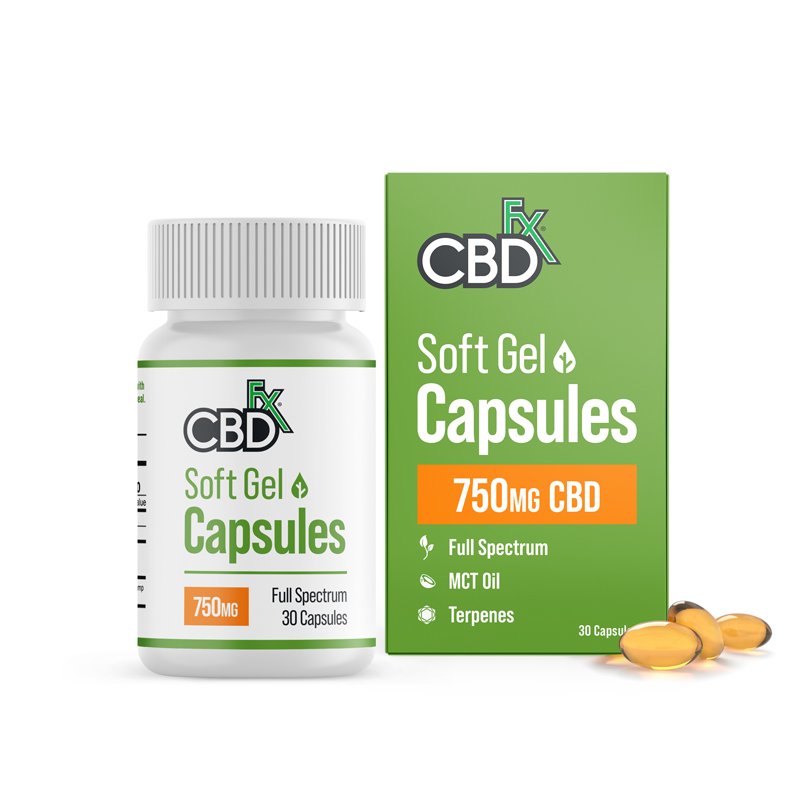
The many benefits of medicinal marijuana include pain relief, memory improvement, and anti-emetic effects. But, not all users will reap the same benefits. People under 16 years old who are heavy users may have memory and learning problems. Heavy users may find it difficult to focus and learn. There are numerous legitimate medical benefits to marijuana. These are supported by solid evidence that warrants further research.
Cannabinoids
These are components of medical cannabis. These compounds can reduce anxiety and pain, as well as stimulate appetite. They are useful for the treatment of multiple sclerosis-related neurogenic lower urinary system dysfunction. In BJU Int, 2016, a systematic review of the effects of cannabinoids on neurological disorders was published.

Pain relief
People are increasingly turning to medical cannabis as a treatment for their pain. People suffering from chronic pain or pain related to disease are increasingly turning to medical marijuana. While medical marijuana is still illegal in the United States, there is increasing evidence that medical cannabis can reduce pain. This article will discuss the benefits and risks associated with medical marijuana. You can find out if this herb is able to help you with pain management. Here are some key points to remember.
Anti-emetic
Cannabis-based medications may be beneficial in the treatment of nausea and vomiting in children receiving chemotherapy. D8THC (a less psychoactive version) of D9THC was examined in a study that included children undergoing chemotherapy. The children were of any age and D8–THC was administered either as drops under their tongues or as a bite. Comparing to the placebo, results showed no significant differences.
Cancer treatment
Medical marijuana may be an option for those who are being treated for cancer. Medical marijuana may offer the cure for your cancer. There are many studies that have proven its effectiveness in treating it. You should consult your doctor to make sure that medical marijuana is safe for you. There are some side effects that can occur and the drug may interfere with your treatment. It is also important not to forget that there is no proof of its benefits.

Epilepsy treatment
A recent study has found that cannabis derivative cannabidiol can help patients with Dravet syndrome reduce their seizure frequency by as much as 39 percent. The study included 120 patients, half of whom had epilepsy, and compared their results to placebo-treated patients. The seizure frequency was reduced by 39% with the cannabinoid therapy, while it was only 13% in the placebo-treated patients. According to researchers, their results are so astounding that they'll be published on a scientific journal.
FAQ
Where can I buy CBD products?
CBD can be purchased online and at local retailers. Online retailers are more likely to offer you better deals. Many websites sell CBD products containing industrial hemp.
If you prefer to shop locally, look for brick-and-mortar businesses that specialize in selling CBD products.
Many states now have laws allowing consumers to buy CBD products without a prescription. CBD products may be available at your local pharmacy if the state you reside is one of them.
CBD products may be delivered right to your doorstep.
What are the most effective uses of CBD?
The best use for CBD is as an alternative treatment for anxiety. It is also used to treat pain, insomnia, epilepsy, inflammation, depression, and other conditions.
CBD can be taken in many ways. CBD can be consumed in many ways. You can eat CBD-rich foods, take CBD tinctures or vape CBD eliquids.
There are many benefits to consuming CBD. It has been shown in studies to alleviate chronic pain, PTSD, anxiety, among other things.
How much CBD do you need?
Dosing depends on what type of product you're buying.
CBD oils come with a range of strengths: 100mg to 1000mg per ounce.
There are many companies that make CBD products in very specific dosages. For example, 25mg, 50mg or 75mg.
Charlotte's Web, for instance, produces CBD products that are high in CBD and other cannabinoids.
Start with a low dosage if you are unsure if CBD is right for you.
It is possible to always go higher.
Is there evidence that CBD reduces anxiety?
CBD oil has the ability to alleviate anxiety by interfacing with certain receptors within the brain, CB1 and CB2. The mood and stress responses are controlled by the endocannabinoid system.
CB1 receptor activation occurs when our bodies feel anxious. When activated, the receptor sends signals back to the amygdala that is responsible for emotional processing.
When the CB1 receptor gets blocked, the amygdala can't process emotions. People who use CBD have fewer negative emotions.
2017 study found that CBD helps reduce anxiety in social phobia patients. Another study found that CBD reduced symptoms of PTSD.
A 2018 review concluded CBD has anxiolytic potential and could be used to treat generalized anxiety disorder.
Another study concluded that CBD may help with panic attacks.
However, numerous studies have shown CBD to increase anxiety levels in mice.
According to the researchers, this discrepancy between animal and human data may be due in part to differences in CBD's effects on humans and animals.
CBD is not subject to any long-term safety tests. Experts are unanimous that CBD is safe if used as directed.
Statistics
- A recent study [161] also found that in vitro CBD treatment (i.e., ≤ 2 h exposure to 10 μM) induced ~40% vasorelaxation in isolated (pre-constricted) (ncbi.nlm.nih.gov)
- While the primary injury may not be treatable, interventions that attenuate secondary sequelae are likely to be of benefit [203].Only one study (ncbi.nlm.nih.gov)
- HR −16 mmHg; 95% CI −26, −6; I2 = 92%) (ncbi.nlm.nih.gov)
- CBD seems unlikely to directly influence sleep in healthy humans [115] (and maybe “sleep-promoting” in those with certain comorbid conditions) (ncbi.nlm.nih.gov)
- however, one study also found that these effects were virtually abolished when the original media (a nutrient broth agar) was replaced with one containing 5% blood (increasing the minimum concentration to ~160 μM CBD) [179]. (ncbi.nlm.nih.gov)
External Links
How To
What are the main issues with the CBD industry.
The current market for CBD-based products is expanding at a phenomenal rate. But, businesses who want to enter this market still face numerous challenges. These include a lack of consumer awareness, high cost of entry, limited access to capital, and regulatory uncertainty.
Many consumers don't understand what CBD is and how it works. This means they are not able to make informed choices about whether or no to purchase CBD products.
Many CBD companies depend heavily on word of mouth marketing. This is costly because they have to pay for advertising and hire staff to promote their brand.
The high production costs are another issue that new entrants to the CBD industry face. It is very expensive to obtain the raw materials required for CBD products. For example, hemp needs to be grown in specific climates and soil types before it can be processed into CBD oil.
Grow enough hemp to produce CBD oil requires approximately $1,000 per annum. Many small farmers can't afford to begin.
Access to capital is another challenge for new entrants in the CBD market. Banks discourage many people from starting a business because of the stigma attached to this industry.
Final, there are regulatory uncertainties surrounding the sale CBD products. There are no established guidelines regarding the marketing of CBD products.
Although states have passed laws restricting CBD products sales, these policies are not yet national.
Only Nevada, Maine, and Nevada have legalized recreational pot.
Some states, such as Michigan and Massachusetts, are looking at similar measures.
These changes could mean that CBD manufacturers will be more competitive.
These factors have led many entrepreneurs to choose to work remotely rather than starting a physical business.